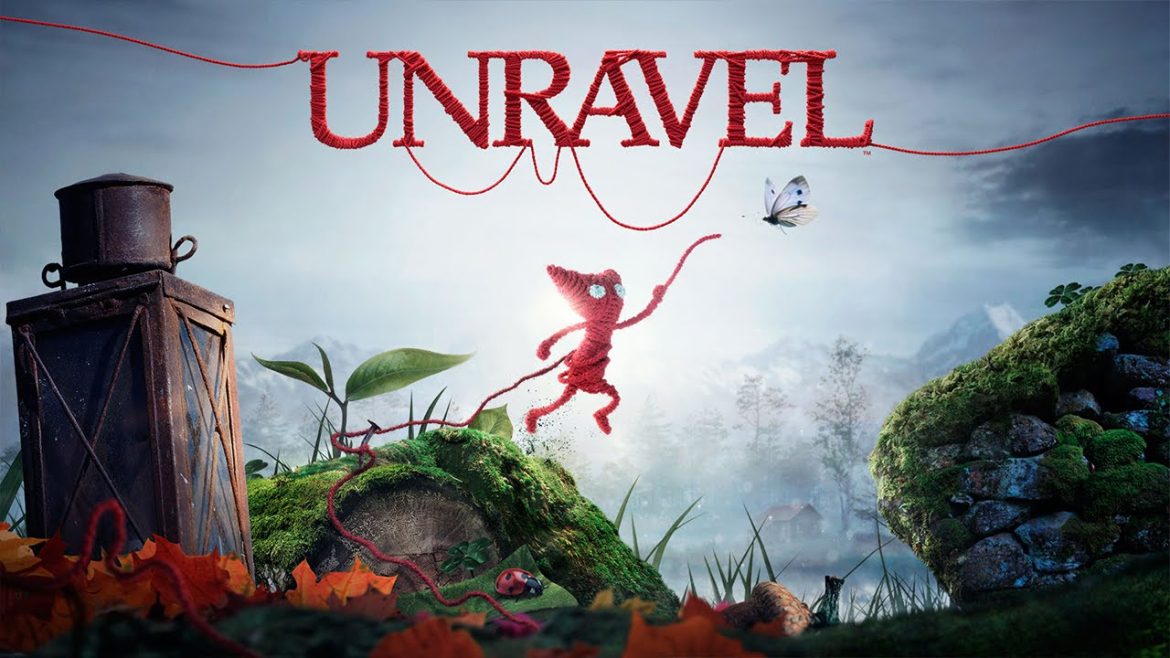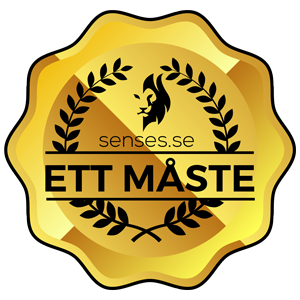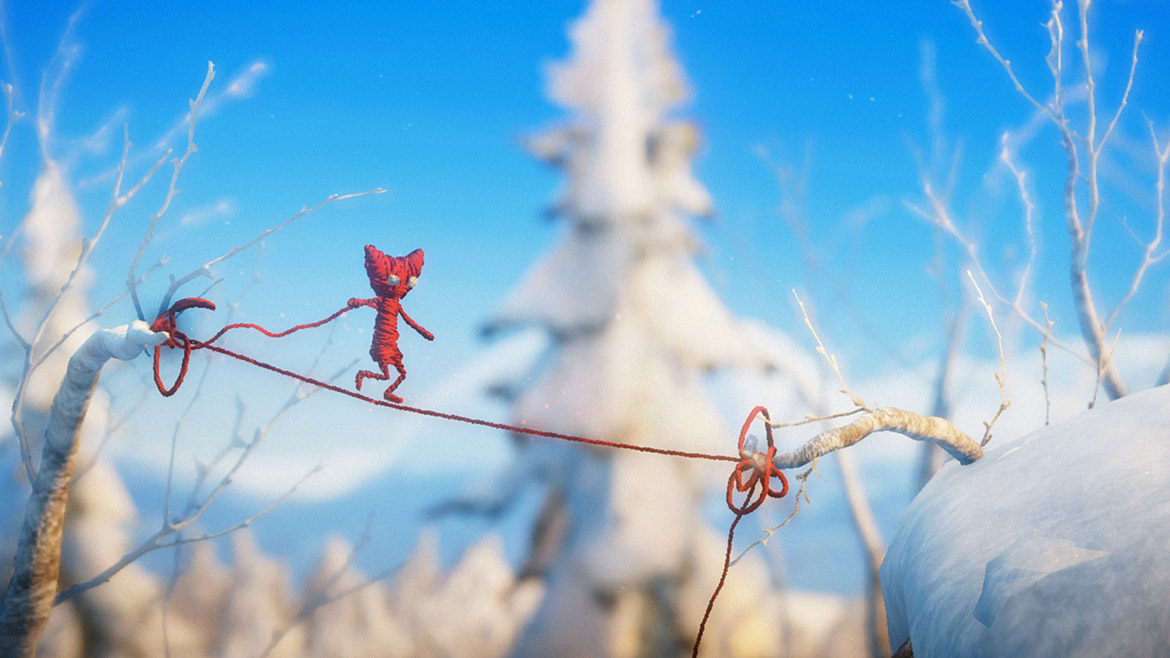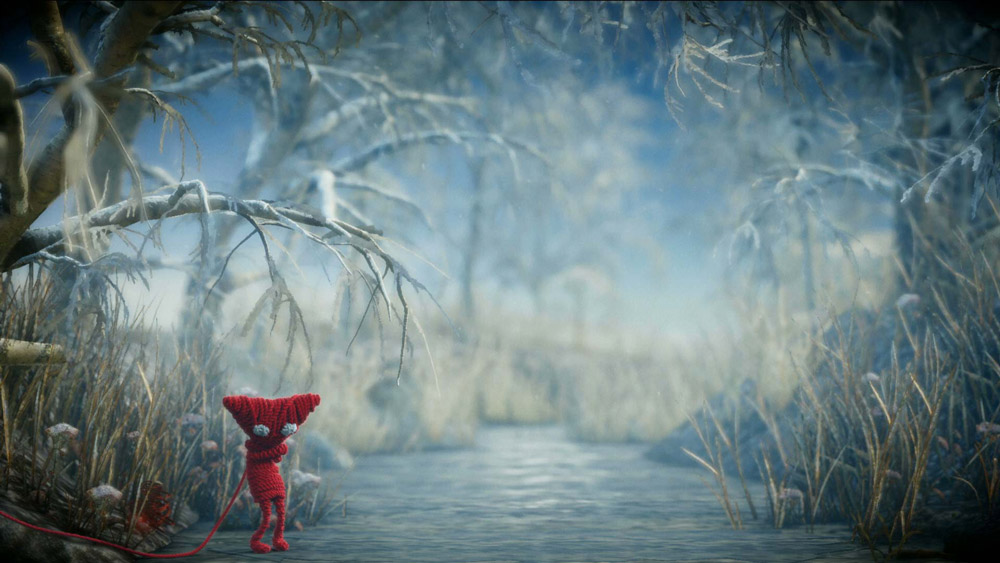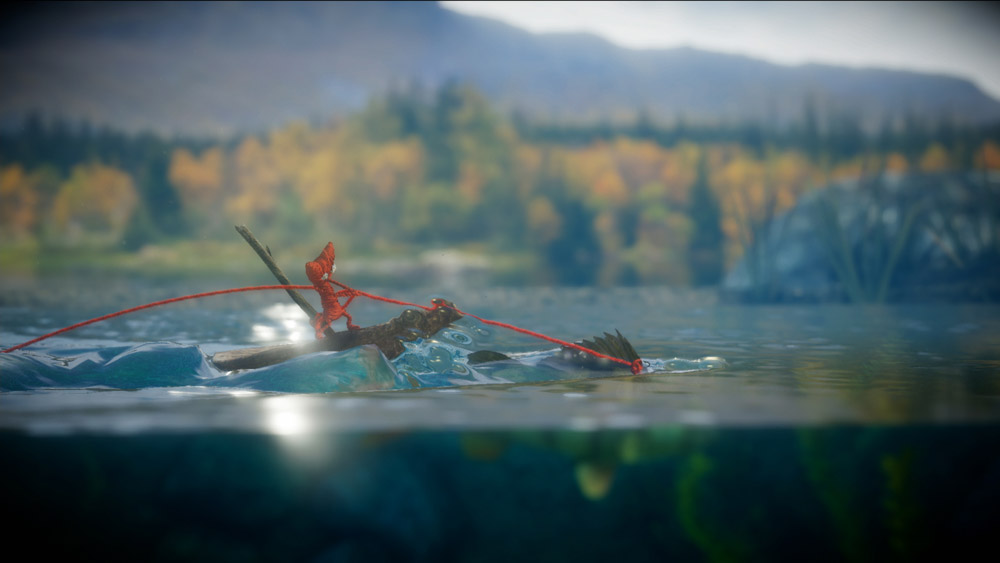TL;DR
Unravel is a charming, non-violent puzzle-platformer from Sweden that tells a heartfelt story about lost memories. You play as Yarny, a little guy made of yarn who uses his thread to swing, bind, and pull his way through beautiful Nordic landscapes. While it shares some similarities with Limbo, Unravel is much brighter, featuring stunning visuals and a nostalgic soundtrack. Though controls can occasionally be a bit finicky and the puzzles might not always be groundbreaking, the game's undeniable charm and emotional depth make it a delightful experience. If you're looking for a visually gorgeous and emotionally resonant indie gem, dive into Unravel's world.
Umeå-based game studio Coldwood Studios captured widespread attention at E3 last year with a game that presented a uniquely charming and heartfelt experience. How does the final version of Unravel compare to the expectations set by the Yarny hype?
The level of creativity emanating from Sweden, and particularly Umeå, is remarkable. Following filmmaker David Sandberg’s international success with the short film Kung Fury, indie studio Coldwood Studios has released a compelling puzzle-platformer under the EA banner. Unravel offers a beautiful and nostalgic experience, characterized by its sincere and non-violent approach, making it suitable for a broad audience, particularly those who enjoy stimulating puzzles. It shares some thematic similarities with the acclaimed Limbo, but replaces the latter’s darker elements, such as giant spiders and hidden traps, with a distinctly Nordic setting, featuring moose and mosquitoes, albeit without fatal consequences.
Players control Yarny, an endearing character constructed from red yarn, whose unraveling mechanic is central to the gameplay. By utilizing his yarn, Yarny can swing across gaps, bind objects together for pulling, create tension lines for enhanced jumping, and rappel down to otherwise inaccessible areas. A key element of the game involves managing Yarny’s limited yarn supply, requiring players to strategically conserve it until reaching the next checkpoint for replenishment. For those familiar with Limbo, certain aspects of the gameplay will feel familiar. Levels consist of navigating obstacles such as movable stones, floating objects used to traverse water, and distances that require careful planning and economical yarn usage.
Unravel presents a captivating and visually stunning experience. Its depiction of Sweden, particularly northern Sweden, is likely to resonate internationally. Unlike stereotypical representations, it accurately portrays elements like moose, mosquitoes, spruce and berry forests, streams, and traditional red-cornered houses. The narrative centers around assisting an elderly woman in recovering her cherished memories, which are collected throughout each level and added to a photo album accompanied by evocative imagery and text. The graphics are often breathtaking, with vibrant colors and dynamic environmental elements such as water, forests, mines, and varying day-night cycles. Within the woman’s home, the visuals initially appear slightly blurred, creating a sense of impaired vision, perhaps intentionally. This minor visual imperfection is a minor blemish on an otherwise beautifully rendered game. The soundtrack, featuring folk melodies with Swedish violins and possibly a nyckelharpa, evokes a sense of sun-drenched, melancholic beauty reminiscent of idyllic Nordic summers.
While the controls are generally responsive, occasional imprecision can make Yarny feel less agile than desired, particularly in situations requiring fine motor skills. The difficulty curve fluctuates, with challenges ranging from simple to complex. At times, solutions may appear deceptively complex, requiring a shift in perspective to uncover the straightforward answer. Unravel is a relatively short game (approximately five to six hours to complete) and relies on consistent mechanics applied in varying contexts. Players who prefer action-oriented gameplay and dislike puzzle-solving may find it less appealing. Yarny embodies a pacifistic approach, primarily focused on environmental manipulation or subtly influencing the environment to progress, and occasionally enlisting the aid of the forest inhabitants.
Unravel can be described as an interactive Swedish folk tale that evokes nostalgia, even for those unfamiliar with the region. While the controls and puzzle variety are not without their limitations, its undeniable charm and stunning visuals more than compensate. Given its accessible price point, Unravel represents a worthwhile investment in a passion project deserving of support.
